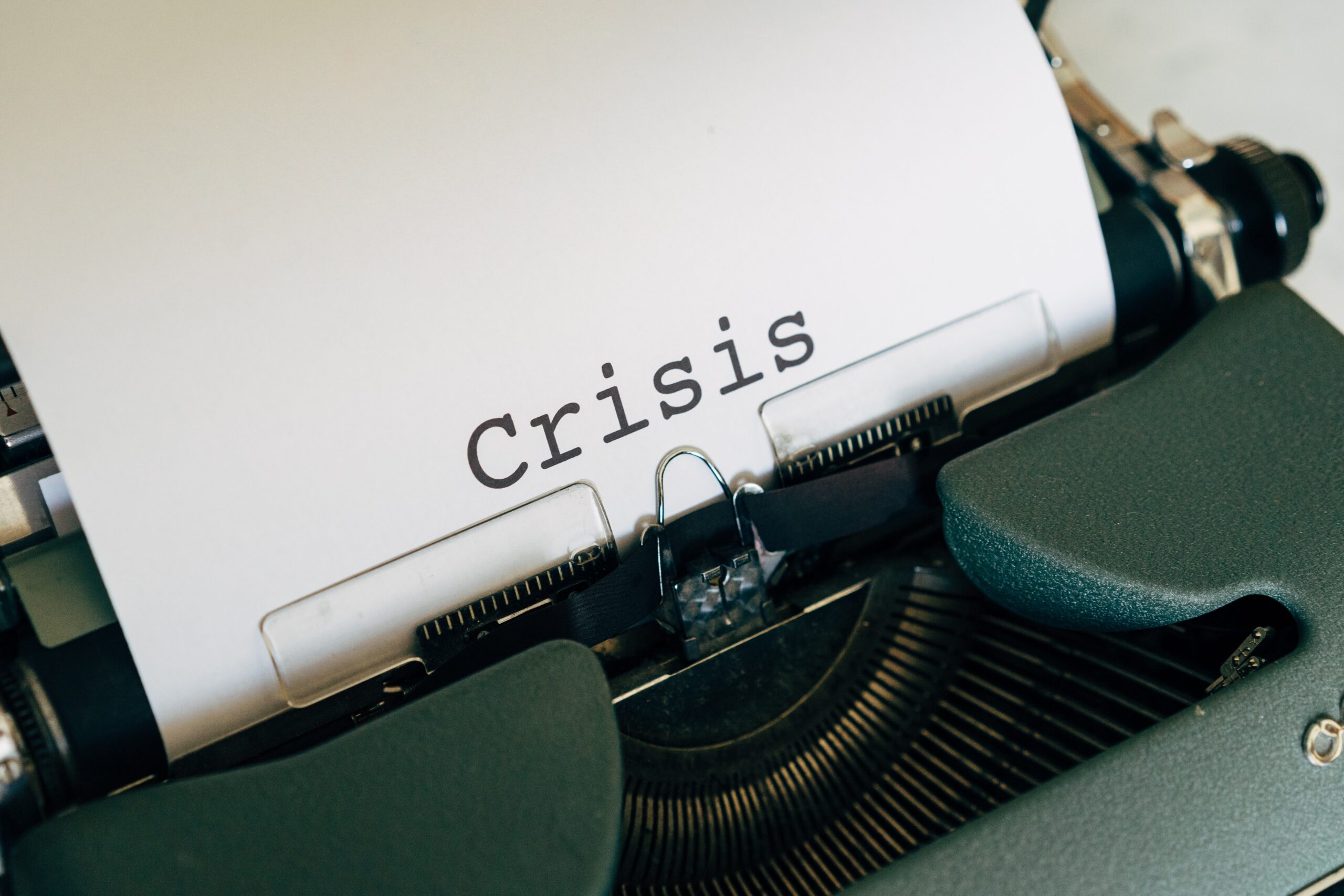The Digital Age: A Double-Edged Sword
The rise of social media, online reviews, and the 24/7 news cycle has made managing reputational risk a critical concern for businesses of all sizes. In the digital age, businesses have unprecedented opportunities to connect with their audiences, engage in meaningful conversations, and build brand loyalty. However, this era also presents significant challenges, as a single negative incident or social media mishap can tarnish a reputation that took years to establish.
In this blog, we delve into the nuances of reputational risk in the digital age and explore what every business should know to safeguard its standing.

The Speed Of Information
One of the defining features of the digital age is the lightning-fast speed at which information spreads. A customer’s complaint on Twitter can reach thousands within minutes, and news articles can go viral globally in hours. Businesses must recognize the importance of swift responses and crisis management in this environment.
The Impact Of User-Generated Content
User-generated content, including online reviews, forum discussions, and social media posts, can heavily influence public perception. Positive user-generated content can boost a business’s reputation, while negative comments can damage it. Monitoring and actively engaging with user-generated content is paramount.
The High Cost Of Reputation Damage
Reputation damage is not just a blow to a company’s ego; it can have severe financial consequences. Here’s why:
- Customer Trust and Loyalty – A damaged reputation erodes customer trust and loyalty. Customers are less likely to do business with a company they perceive as untrustworthy or unethical. Rebuilding trust takes time and resources.
- Legal and Regulatory Consequences – Reputational risk can result in legal and regulatory issues. Businesses may face lawsuits, fines, or investigations if their actions harm customers, employees, or the environment. Hence, it is really important to know what the types of reputational risk are to prevent any issues that may arise.
- Investor Confidence – Investors closely monitor a company’s reputation. A tarnished reputation can lead to a drop in stock prices and shareholder confidence, impacting the company’s financial stability.
Strategies For Managing Reputational Risk
In the digital age, proactive reputation management is essential. Here are some strategies businesses should consider:
Monitoring And Listening
Regularly monitor online mentions and discussions related to your brand. Listen to customer feedback and address concerns promptly. Use online tools and social media monitoring to stay informed.
Crisis Preparedness
Develop a robust crisis management plan that outlines how to respond to various reputation-threatening scenarios. Ensure that your team is well-trained and ready to act swiftly.

Transparency And Authenticity
Be transparent in your communications. Authenticity resonates with audiences, and admitting mistakes while demonstrating a commitment to improvement can mitigate reputational damage.
Online Presence Management
Optimize your online presence. Create and maintain active social media profiles, a user-friendly website, and regularly updated content. A strong online presence can help counteract negative information.
Employee Training
Train your employees in reputation management best practices. They are brand ambassadors and should understand how their actions can impact the company’s reputation.
In conclusion, reputational risk in the digital age is a complex and ever-evolving challenge. Businesses that prioritize reputation management, embrace transparency, and act swiftly in times of crisis are better equipped to weather the storms of the digital landscape. In a world where information travels at the speed of light, safeguarding your reputation is not just a good practice; it’s a necessity for long-term success.
